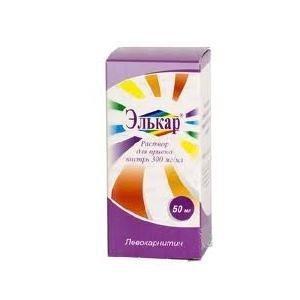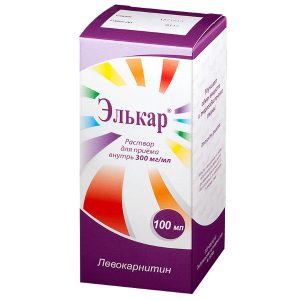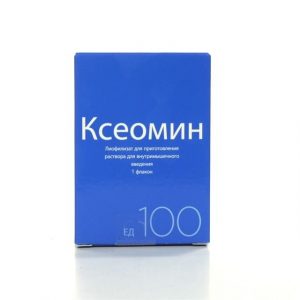Description
Latin name
Phenibut
Packaging
20 pcs.
Indications
Asthenic and anxiety-neurotic states, anxiety, fear, neurosis of obsessive states, psychopathy.
Stuttering and tics in children, enuresis.
Urinary retention due to myelodysplasia.
Insomnia and nightmares in the elderly.
Prevention of anxiety conditions that occur before surgical interventions and painful diagnostic tests (premedication).
Meniere’s disease, dizziness associated with dysfunctions of the vestibular analyzer of various genesis (including with otogenic labyrinthitis, vascular and traumatic disorders) prevention of motion sickness with kinetosis.
Primary open-angle glaucoma (as part of combination therapy).
As an adjunct therapy in the treatment of alcoholism (for the relief of psychopathological and somatovegetative disorders in withdrawal symptoms).
Treatment of pre-lirious and delirious conditions in alcoholism (in combination with conventional detoxification agents).
Contraindications
individual intolerance Phenibut
pregnancy
breastfeeding
liver failure.
Special instructions
With caution, the drug is prescribed for erosive and ulcerative lesions of the gastrointestinal tract.
With prolonged use, it is necessary to monitor liver function indices and the picture of peripheral blood.
Influence on the ability to drive vehicles and operate machinery
It is necessary to refrain from engaging in potentially hazardous activities that require increased attention.
Ingredients
Active ingredient:
1 tablet contains phenibut (? -amino -? – phenylolate acid hydrochloride), in terms of 100% substance – 250 mg
Excipients: microcrystalline cellulose,
silicon dioxide sulfide starch glycolate (carboxymethyl starch),
calcium stearate.
Dosage and administration
Phenibut is administered orally before meals, for 4-6 weeks.
For adults, the drug is prescribed in an average dose of 250-500 mg 3 times / day, if necessary, increase the dose to 2.5 g / day. The maximum single dose is 750 mg, for people over 60 years old – 500 mg.
For children from 2 to 8 years old – 50-100 mg 3 times / day, the maximum single dose – 150 mg for children 8-14 years old – 250 mg 3 times / day, the maximum single dose – 300 mg.
To stop alcohol withdrawal symptoms in the first days of therapy, the drug is prescribed 250-500 mg 3 times a day and 750 mg at night, with a gradual decrease in the daily dose to the usual for adults.
With otogenic labyrinthitis and Meniere’s disease during the exacerbation period – 750 mg 3-4 times / day for 5-7 days, with a decrease in the severity of vestibular disorders – 250-500 mg 3 times / day for 5-7 days and then 250 mg 1 time / day for 5 days. In case of a mild illness, 250 mg 2 times / day for 5-7 days, followed by a dose reduction to 250 mg 1 time / day for 7-10 days.
For the treatment of dizziness with violations of the vestibular apparatus of the vascular and traumatic genesis – 250 mg 3 times / day for 12 days.
For the prevention of kinetosis – 250-500 mg once 1 hour before the intended journey (the effect is dose-dependent).
Side effects
From the central nervous system: increased irritability, agitation, anxiety, dizziness, headache, drowsiness.
From the alimentary system: nausea (at the first receptions).
Allergic reactions: skin rash, itching.
Drug Interactions
Enhances the effect of anxiolytic, antipsychotic, hypnotics, narcotic and anticonvulsants.
Should not be combined with alcohol.
Overdose
Symptoms: drowsiness, nausea, vomiting, arterial hypotension, kidney failure.
With prolonged use of Phenibut at a daily dose of 7-14 g may develop hepatotoxic action (including fatty liver), eosinophilia.
Treatment: gastric lavage, symptomatic and supportive therapy.
Storage conditions
Store in a dry, dark place out of reach of children at temperatures up to 25 ° C.
Shelf life
3 years.
Deystvuyushtee substance
Aminofenilmaslyanaya Chisloth
Terms and conditions
prescription
dosage form
tablets
Possible product names
FENIBUT 0.25 N20 TABL
FENIBUT 0.25 N20 TAB / MEZ /
Phenibut 250 mg Tab. X20
Phenibut Tab 250mg N20 (pack N10x2)
Phenibut Tab 250mg x 20
Moscow Endocrine Plant, Russia




